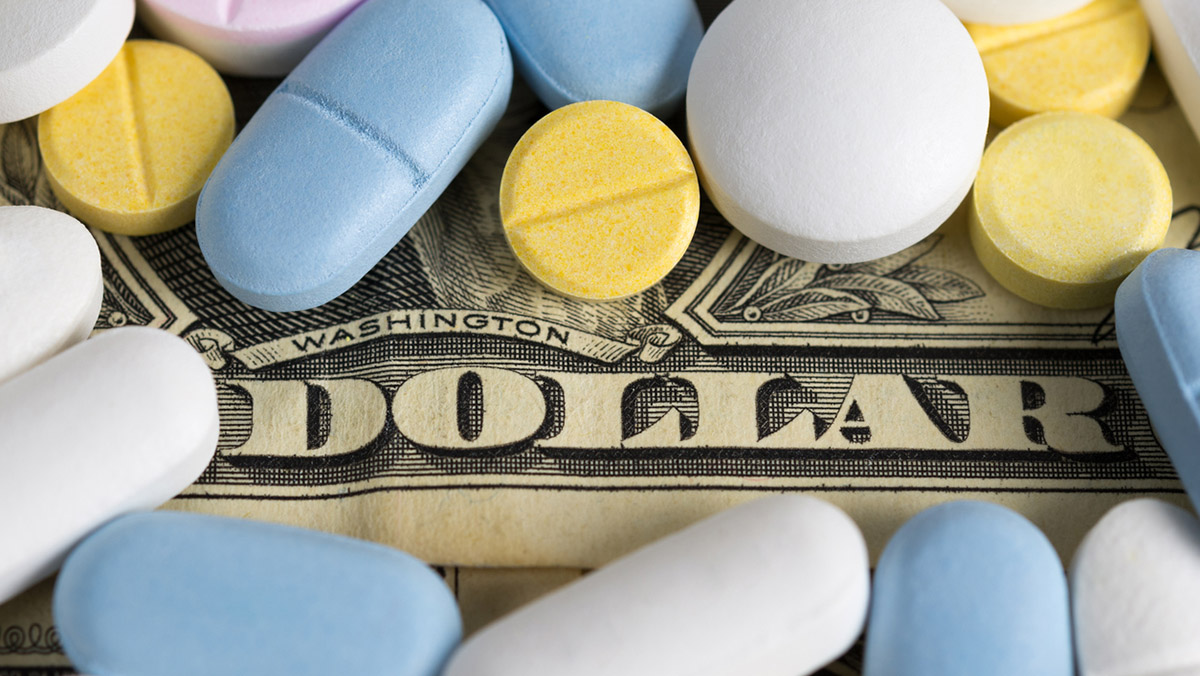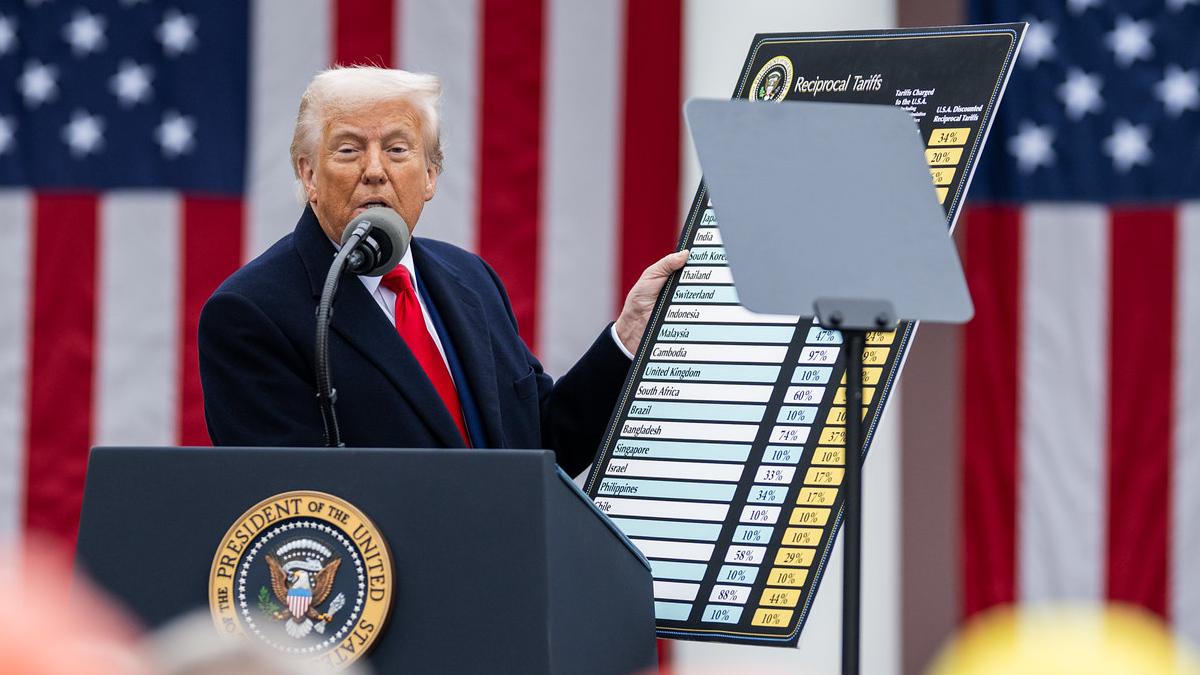Purdue preps bankruptcy as opioid settlement bid stumbles; report

Purdue Pharma is reported to be preparing to file for bankruptcy amid resistance to its $10-$12 billion offer to settle lawsuits related to the opioid crisis.
Several states and cities have reportedly already rejected its settlement bid, according to news agency Reuters, and Purdue is now gearing up for a Chapter 11 submission before the end of this month while it waits for the final verdict on its offer.
At the same time Mallinckrodt - another company embroiled in the thousands of pending lawsuits claiming pharma companies fuelled the opioid epidemic by encouraging over-prescribing of the drugs – is also eyeing bankruptcy protection, says Bloomberg.
Purdue, which is the manufacturer of the widely-prescribed opioid painkiller OxyContin (oxycodone), made its settlement offer last month but has to get the deal backed by at least 35 state attorneys to get it accepted, and some states – reportedly New York and Massachusetts – have already rejected it outright.
Filing for bankruptcy would stall pending lawsuits, including one due to start next month in Ohio, and could leave plaintiffs trying to tease cash out of the business if it goes into liquidation. Some industry observers have suggested the bankruptcy plan is a tactic by Purdue to try to win over more states to its settlement offer.
The nature of Purdue’s offer is also pertinent, as it isn’t a cash deal. A large chunk is tied up in the supply of overdose reversal drugs and future profits from the sale of medicines, which wouldn’t be forthcoming if the company is liquidated and broken up.
In a statement, the company said it is trying to avoid “years of wasteful litigation and appeals” whilst also “working with state attorneys general and other plaintiffs on solutions that have the potential to save tens of thousands of lives and deliver billions of dollars to the communities affected by the opioid crisis.”
Mallinckrodt meanwhile is said to have hired restructuring companies to try to navigate a way through the crisis. It is already saddled with around $5 billion in debt and will struggle to meet liabilities that may result from the upcoming lawsuits.
The company pulled back from the divestment of its generics business last month in order to focus management attention on the opioid litigation.
There have been a series of big settlement deals for companies involved in the opioid analgesic business in the US of late, including payments of $270 million and $85 million respectively for Purdue Pharma and Teva in Oklahoma over claims they encouraged over-prescribing of medicines.
Johnson & Johnson chose to fight in the courts rather than settle, but that resulted in an award for damages of $572 million.
Meanwhile, as the legal wrangling plays out, the Trump administration is also taking action and this week announced that almost $2 billion earmarked for treatment and prevention efforts – announced last year – would now be available to states and local governments in the form of grant funding.













